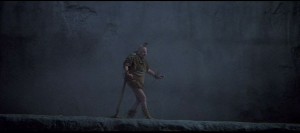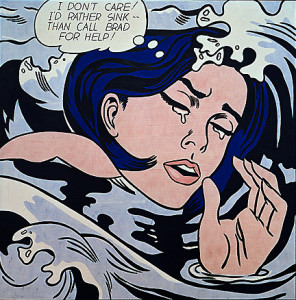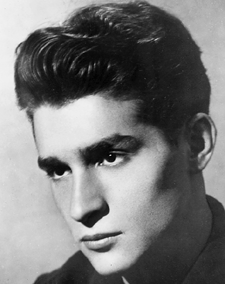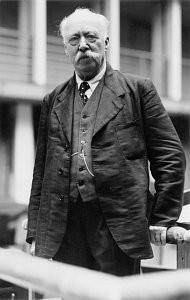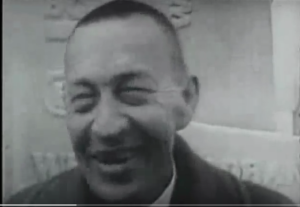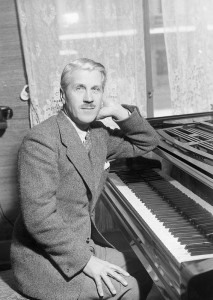Fragments lead everywhere, usually to the unanticipated. Even our naming as Arbiter was the inevitable result of being irresistibly drawn into the arbiter Petronius’s Satyricon, a strew of incomplete episodes ending unresolved, like our pathetic grasp of history as a permanence but always in a constant overturning of the pecking order.
Sometimes we catch a waft of something as thrilling as it is fleeting and unattainable, such as festive music caught and captured over the Adriatic from a then-closed Albania:
In contrast is the American middle class’ angst in feeling left out as everyone else is busy having all the fun, with one’s only recourse lying in addictive consumption.
While some meditated on the errant Brad, a thrilling excitement hit New York in 1941 when the nineteen-year-old pianist William Kapell appeared with his debut solo recital.
Fragments made it through time and one offers his conclusion to Bach’s Fugue in C-sharp minor (Book I), a work he didn’t record later on but these moments open onto an already substantial artistry that would deepen for another dozen years.
In the mid 1930’s Max Fiedler’s remarkable conducting was carried over Germany’s airwaves. Pegged as a Brahms specialist, very few have attained his state of a Haydn set forth in Berlin for his final 45 seconds of the 88th symphony:
One voyeruistic fragment provoked our “featured image” as a backstage employee in Philadelphia dialed up Bell Labs who were trying to discover if a phone could transmit the music happening then on stage. Until recently, some phone lines echoed all the words and notes here we suffer from it as well since Rachmaninoff
never allowed a single note from any of his concerts to ever be aired and here he’s caught magisterially laying down the final seven bars of Brahms’s Ballade Op. 10, No.4. . .
Along with Rachmaninoff’s official playing etched onto approved recordings, his compositions are usually obscured through a nostalgic cult-like worshipping they receive. What a startling contrast to happen upon a performer who exposes the internal visions of the composer’s Prelude in G, Op. 32, No.5, resurrecting lost feelings and their intangible existence. Years ago I’d receive a formal phone call annually from an elderly White Russian residing somewhere in a Siberian clime up north in Canada, beseeching me to seek out each and every surviving piano performance left by his adored Nikolai Orloff.
He mainly emphasized that paying homage was a duty, to respect Orloff’s noble origins. His Romanoff-tinged nostalgic exhortations rang true when I fished out a paper reel of tape from the archive of a recording angel who had lived Taranto, Italy. He partially captured a 1954 Rome recital that bore a playing that proved to be quite noble. So now off to scramble and draw in more from Time’s magnetic web that leads to the essence of Orloff’s real life – one he lived on stage, as his studio playing is distracted, dragging his voltage lower.
©Allan Evans 2015

